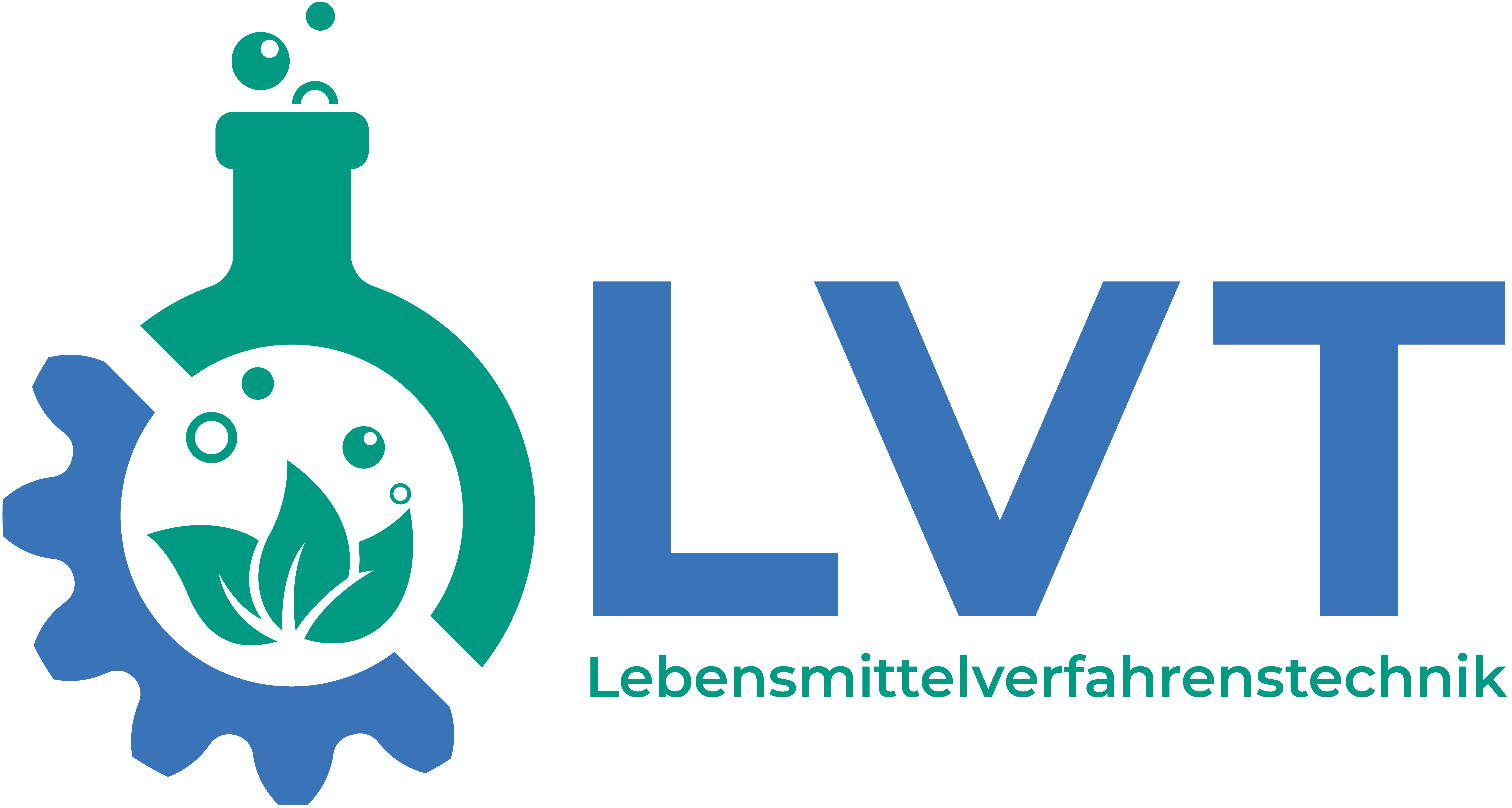DFG-SPP 1934: Influence of thermomechanical stresses on structural and functional changes of highly concentrated protein systems in extrusion processing
- contact:
- project group:
Extrusion
- startdate:
2016
- enddate:
2019
The functional properties of proteins depend on their unique three-dimensional structure. The energy threshold between the native and denatured state of a protein is low, therefore the native protein structure is susceptible to its physicochemical environment. In many cases, changes of the native protein structure leads to the formation of protein aggregates.This sensitive behavior of proteins to its environment is of particular interest, because when properly controlled, protein denaturation and aggregation result in novel materials. In many technical applications, protein denaturation and aggregation are, therefore, prerequisited to achieve the desired product properties and performance. Protein based surfactants, stabilizers, coatings, biodegradable films, or meat analogues are some of the products based on the modification of protein structure.
Structural changes of protein molecules occur as a result of conditions of temperature, pH, high, pressure, and ionic strength as well as through the presence of denaturants (e.g., urea, guanidine) and organic solvents. In addition to chemical and thermal denaturation, it is also recognized that shear stresses can destabilize and change the protein structure. Almost all protein related processes, from production to formulation, involve a certain kind of fluid flow, and therefore, a mechanical treatment to a certain degree. Consequently, the influence of shear stress on protein structuring has gained additional importance. Depending on the resulting structure, different functionalities can be achieved. In processes such as extruders or scraped surface heat exchangers, shear stress is explicitly applied to proteins to achieve a certain colloidal structure, such as microparticles, fibrils, foams or films.
However, despite its technological and biological importance, little is known about the structural change of proteins under simultaneous thermal and mechanical stresses. More specifically, a better understanding on the influence of simultaneous thermal and mechanical stress on the onset and the kinetics of structural changes is required to move away from purely empirical approaches in designing, purifying, and formulating protein based products. In the scope of this project, the influence of a well-defined thermomechanical treatment on the structural changes and the resulting functionality of a model protein system will be investigated. The typical stresses generated in extrusion processing will be used as model conditions to be analyzed, as extrusion is, technologically, a well established process, and has a wide application area from food to pharmaceutical applications. Furthermore, extrusion technology has a growing potential with novel products/structures developed.
Financed by:
DFG Deutsche Forschungsgemeinschaft

